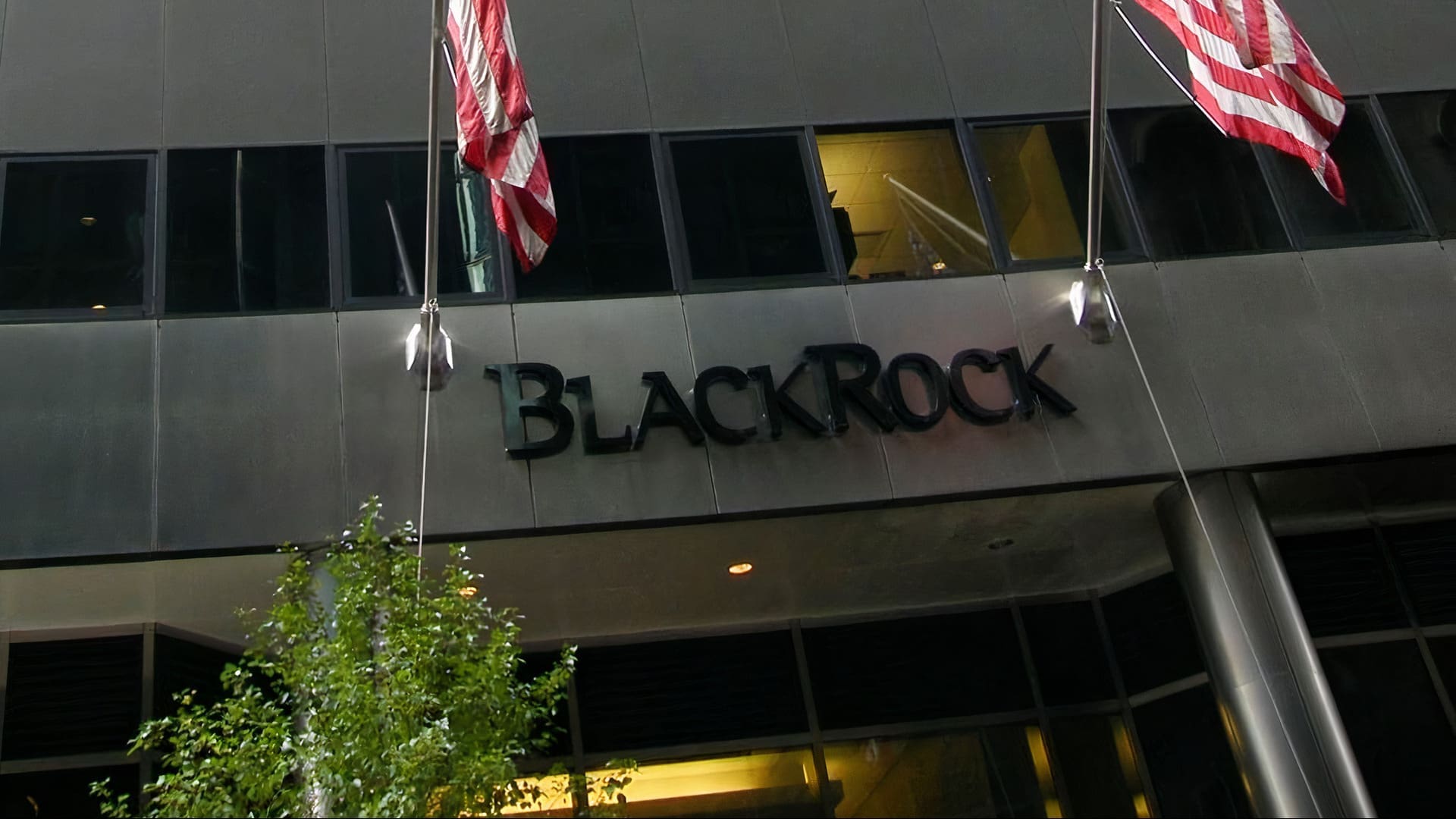Attorney General Ken Paxton has scored a significant procedural win in his lawsuit against BlackRock, State Street, and Vanguard—three of the world’s largest asset managers—over allegations they conspired to manipulate U.S. energy markets by restricting coal production to advance environmental goals.
A federal district court judge has denied the asset managers’ motion to dismiss Paxton’s lawsuit, allowing the case to proceed under both Texas and federal antitrust laws, along with some state consumer protection statutes. Claims under Louisiana’s Unfair Trade Practices Act and Nebraska’s consumer protection statute were dismissed.
“We are pleased that the judge dismissed several of the Attorneys General’s consumer protection claims,” a BlackRock spokesperson told Texas Scorecard. “This case is based on an absurd theory that coal companies conspired with their shareholders to reduce coal production. This case is not supported by the facts, and we will demonstrate that.”
Nevertheless, this ruling clears the way for full discovery and a potential trial that may further scrutinize the power of major financial institutions over the American energy sector.
“BlackRock, State Street, and Vanguard—three of the most powerful financial corporations in the world—created an investment cartel to illegally control national energy markets and squeeze more money out of hardworking Americans,” said Paxton. “Today’s victory represents a major step in holding them accountable. I will continue fighting to protect Texas and defend America’s energy independence from this unlawful conspiracy.”
Filed in November 2024, Paxton’s lawsuit argues that the “Big Three” asset managers amassed large ownership stakes in major U.S. coal producers—including over 30 percent in leading firms like Peabody Energy and Arch Resources.
Paxton contends this gave them coalition-level power to pressure companies into cutting coal production by half by 2030 in line with global environmental pledges such as those in the “Net Zero Asset Managers Initiative” and “Climate Action 100+.”
The complaint alleges this deliberate supply reduction raised energy prices for American families and generated outsized profits for the asset managers.
In May 2025, the Trump administration’s Department of Justice and the Federal Trade Commission filed statements of support for Paxton’s legal efforts, echoing his claim that the alleged collusion harmed competition and forced higher energy prices on Americans while using the financial industry to advance environmental objectives.
The asset managers have strongly denied the claims, arguing that their energy investments are guided by client returns, not political or environmental agendas.
“Despite the plaintiffs’ efforts to advance a new and dangerous antitrust theory, this lawsuit remains baseless and without merit,” a State Street spokesperson told Texas Scorecard. “It poses unnecessary risk to investors and energy markets. There is no collusion here, and we remain confident that the facts and legal substance are on our side.”
A BlackRock spokesperson added, “By pursuing forced divestment, the Attorneys General are undermining the Trump Administration’s goal of American energy independence. Forcing divestment will harm coal companies’ ability to access capital and invest in their businesses and jobs, likely leading to higher energy prices for Americans.”
Vanguard expressed disappointment in Friday’s ruling. A spokesperson told Texas Scorecard “Vanguard looks forward to the opportunity to vigorously defend against plaintiffs’ claims and will continue to give investors the best chance for investment success.”
With the dismissal motion rejected, Paxton’s office will pursue discovery to gather documents and depositions, aiming to prove that BlackRock, State Street, and Vanguard orchestrated a reduction in coal output in violation of U.S. and state laws.
Currently, the judge acknowledged that Paxton lacks “direct evidence of a conspiracy” between the three asset managers.
The case will likely remain a national bellwether on Environmental Social Governance (ESG) investing, antitrust regulation, and the power of finance over American industry.
The outcome could have wide-reaching effects.
If Paxton prevails, large investment firms could face stricter limits on shareholder activism and greater antitrust scrutiny in sector-focused ESG investing. A defeat may set a precedent limiting states’ ability to challenge financial firms’ environmental or social initiatives under antitrust law.
No ads. No paywalls. No government grants. No corporate masters.
Just real news for real Texans.
Support Texas Scorecard to keep it that way!



